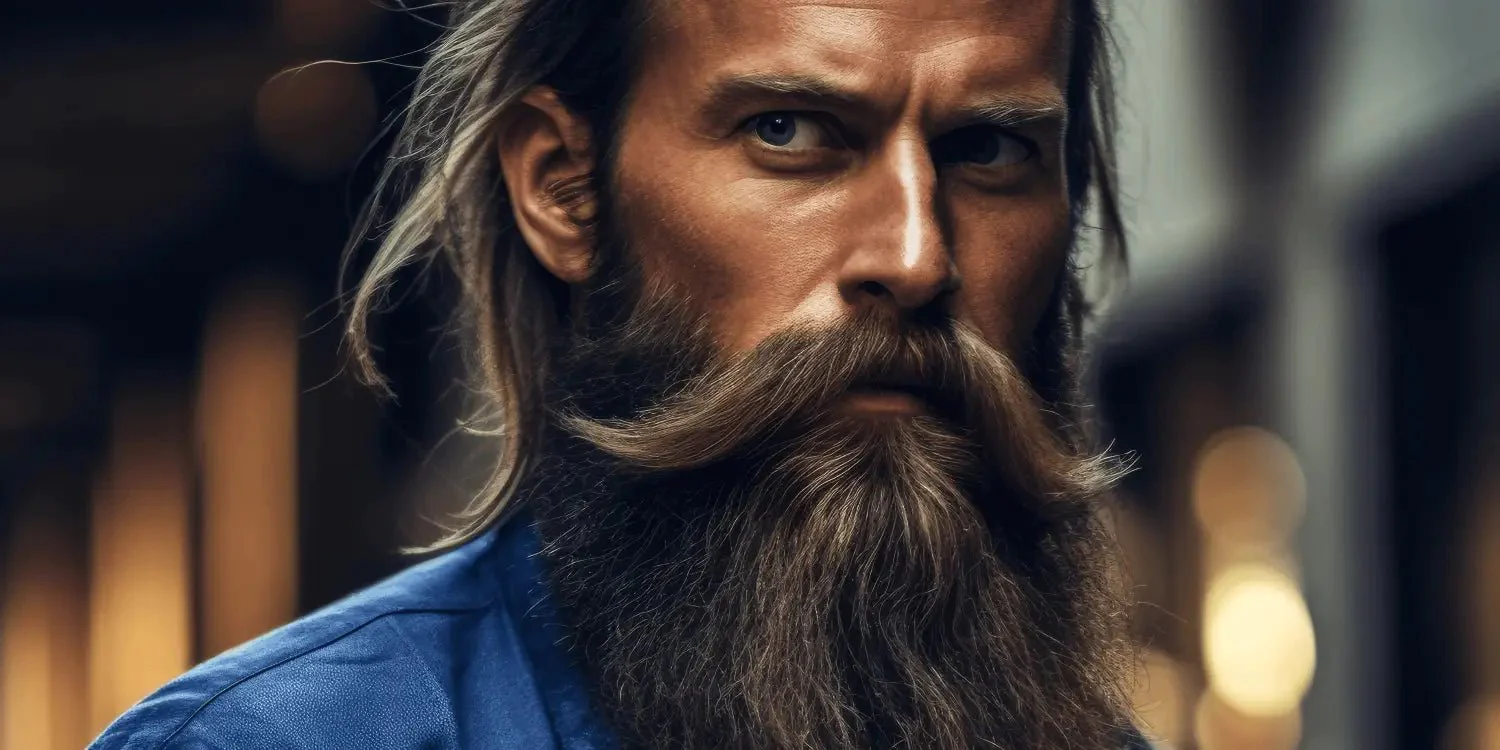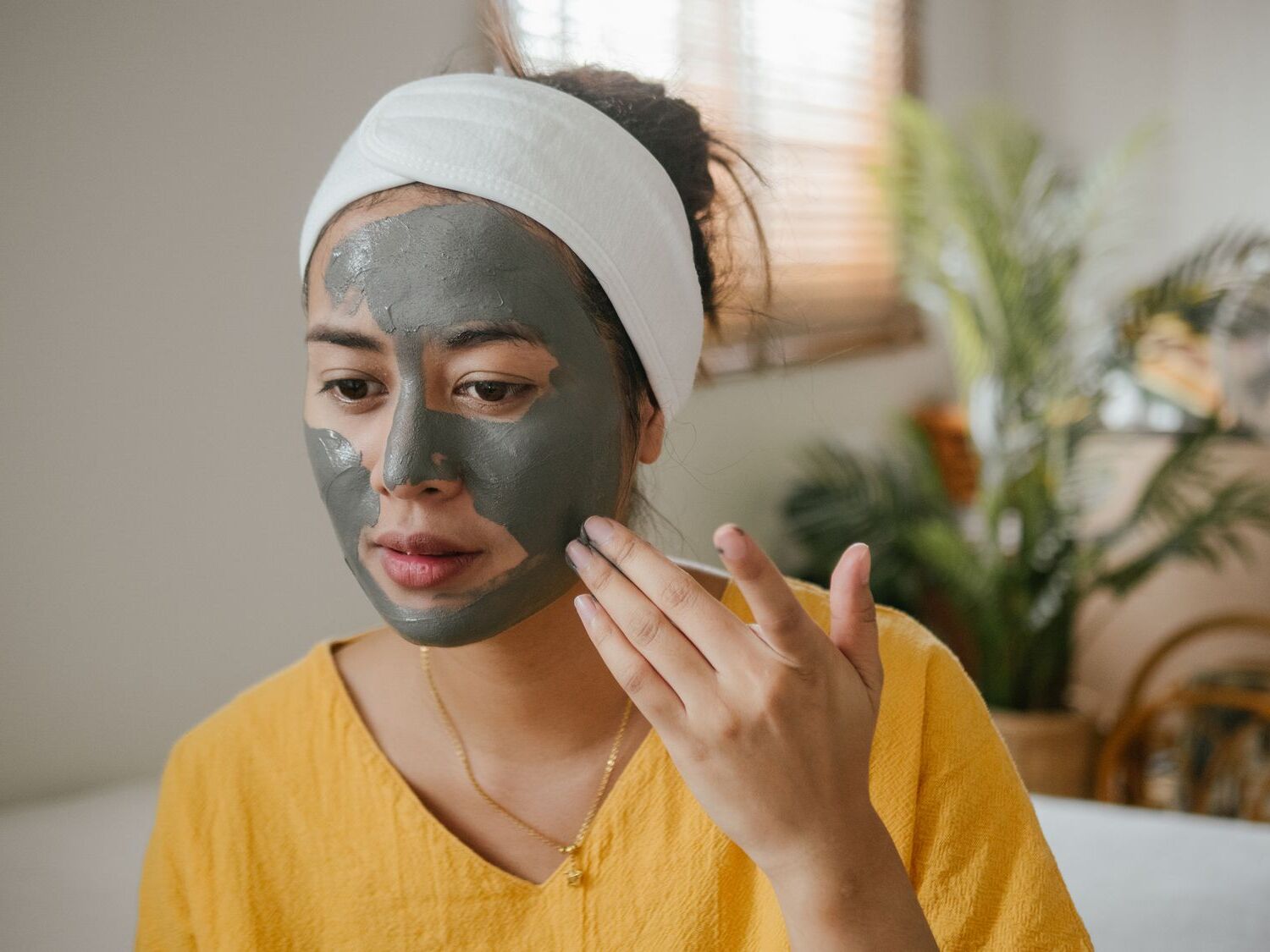
Beards have been a symbol of masculinity and style for centuries, adorning the faces of men across cultures and generations. Whether meticulously groomed or ruggedly untamed, beards hold a timeless allure and carry a rich history. In this article, we'll delve into 18 fascinating facts about beards that showcase their significance and impact on both individuals and society.
From the biological intricacies of beard growth to the cultural and social implications of facial hair, there's much to uncover about this iconic feature. Whether you're a dedicated beard enthusiast, a curious observer, or someone considering embarking on a bearded journey, these insights will provide a deeper understanding of the beard's allure and significance. So, let's embark on a captivating exploration of the world of beards, unearthing intriguing facts that shed light on their enduring appeal and influence.
Key Takeaways:
- Beards are more than just facial hair – they’re a symbol of strength, wisdom, and individuality, influencing first impressions and cultural significance throughout history.
- Beards offer a canvas for self-expression and creativity, requiring proper care and maintenance while shaping perceptions of maturity and character.
Beards have been a symbol of masculinity for centuries.
Beards have long been associated with masculinity and are often seen as a symbol of strength and maturity. Throughout history, beards have been worn by leaders, warriors, and wise men, signifying power and wisdom. The presence of a beard can exude confidence and authority, making it a timeless emblem of manliness.
Beards can vary in texture and density.
Beard hair can range from fine and straight to coarse and curly, and the density of facial hair can differ from person to person. These variations contribute to the uniqueness of each individual's beard, allowing for a diverse array of styles and looks.
Beards can act as a natural sunblock.
The thick growth of facial hair can provide some protection against the sun's harmful UV rays, helping to shield the skin and reduce the risk of sunburn. This natural sunblock effect can be particularly beneficial for individuals with fair skin or those who spend extended periods outdoors.
Beards may help reduce the risk of skin cancer.
The UV protection offered by beards can potentially lower the risk of developing skin cancer on the lower half of the face. While it's not a substitute for sunscreen, the additional barrier provided by facial hair can offer some level of protection against harmful sun exposure.
Beards can trap dirt and bacteria.
Facial hair has the potential to trap dirt, bacteria, and other impurities from the surrounding environment. Regular cleansing and maintenance are essential to prevent the accumulation of debris within the beard, promoting cleanliness and overall hygiene.
Beards require proper care and maintenance.
Maintaining a healthy and well-groomed beard involves regular washing, conditioning, and trimming to keep the hair clean, soft, and manageable. Additionally, using beard oil and balm can help nourish the hair and skin, promoting a lustrous and well-maintained appearance.
Beards can contribute to a distinctive and individualized style.
The presence of a beard can significantly impact a person's overall appearance, allowing for the expression of personal style and individuality. Different beard styles, such as the full beard, goatee, or stubble, offer a wide range of aesthetic choices for individuals to showcase their unique preferences.
Beards have been a subject of cultural and religious significance.
In various cultures and religious traditions, beards hold symbolic importance and may be associated with concepts such as wisdom, spirituality, or adherence to specific beliefs. The significance of beards in cultural and religious contexts adds depth to their historical and contemporary relevance.
Beards can influence first impressions.
The presence or absence of a beard can influence how an individual is initially perceived by others. Beards can convey traits such as maturity, confidence, and approachability, shaping the way individuals are perceived in social and professional settings.
Beards have been a source of inspiration in art and literature.
Throughout history, beards have been depicted in art, literature, and popular culture as a symbol of strength, wisdom, and character. From ancient mythology to modern-day storytelling, beards have often been associated with revered figures and iconic personalities.
Beards have experienced fluctuating trends over time.
The popularity of beards has fluctuated throughout different eras, with periods of widespread acceptance and times when clean-shaven looks were favored. These shifts in trends have contributed to the evolving perception of beards and their representation in mainstream fashion and grooming.
Beards can be styled in various creative ways.
The versatility of beards allows for a wide range of styling options, including shaping, trimming, and sculpting to achieve unique and creative looks. From intricate designs to classic shapes, the art of beard styling offers individuals the opportunity to express their creativity and personality.
Beards can affect the perception of age.
Facial hair can play a role in shaping perceptions of age, with beards often associated with maturity and experience. The presence of a beard can add a sense of maturity to an individual's appearance, influencing how they are perceived in different social and professional contexts.
Beards require patience for growth and development.
Achieving a full and well-established beard often requires patience and persistence, as the growth process can vary in duration and may involve initial stages of uneven or patchy growth. Embracing the journey of beard growth can be a rewarding experience that allows individuals to witness their unique facial hair development.
Beards can be a form of self-expression.
The decision to grow and maintain a beard can serve as a form of self-expression, allowing individuals to showcase their personality and style preferences. Whether opting for a rugged and untamed look or a meticulously groomed appearance, beards offer a canvas for self-expression and individuality.
Beards can impact grooming routines.
The presence of a beard can influence grooming routines, requiring specific care and attention to maintain its appearance and health. Incorporating beard care into daily grooming rituals becomes an integral part of personal maintenance for individuals with facial hair.
Beards can foster a sense of camaraderie among individuals.
The shared experience of growing and maintaining beards can create a sense of camaraderie and community among individuals who embrace facial hair as a part of their identity. This shared bond can lead to connections and conversations centered around the unique aspects of beard care and styling.
Beards have evolved as a timeless symbol of masculinity and individuality.
The enduring significance of beards as a symbol of masculinity and individuality has transcended generations, cultural shifts, and fashion trends. From ancient traditions to modern interpretations, beards continue to embody a timeless emblem of personal expression and character.
Beards have been a symbol of masculinity for centuries, embodying strength, wisdom, and individuality. The presence of a beard can influence first impressions, convey personal style, and hold cultural and religious significance. With their diverse textures and styling options, beards offer a canvas for self-expression and creativity. While requiring proper care and maintenance, beards have remained a timeless symbol of masculinity and continue to shape perceptions of maturity and character. Whether as a form of UV protection or a source of artistic inspiration, beards have maintained their cultural and historical significance, evolving as a distinctive emblem of personal expression and identity.
Conclusion
In conclusion, beards are not only a prominent physical feature but also a fascinating aspect of human biology and culture. From their role in protection and warmth to their symbolic significance, beards have a rich history and continue to be a subject of admiration and curiosity. Understanding the science behind beard growth and maintenance can help individuals make informed decisions about their grooming habits. Whether you're sporting a full beard, a stylish stubble, or a clean-shaven look, embracing the diversity of facial hair is a celebration of individuality and self-expression. So, whether you're a beard enthusiast or simply intrigued by these facial adornments, the world of beards offers a blend of science, style, and tradition that is truly captivating.
FAQs
Q: What factors influence beard growth?
A: Beard growth is primarily influenced by genetics, hormonal levels, and age. While genetics play a significant role in determining beard thickness and pattern, hormonal changes during puberty and adulthood can also impact beard growth.
Q: Are there any health benefits associated with having a beard?
A: Yes, beards can provide natural protection against harmful UV rays, reduce the risk of skin conditions such as acne, and help retain moisture, promoting healthier skin. Additionally, beards can act as a physical barrier against allergens and airborne particles, potentially reducing the risk of respiratory issues.
Was this page helpful?
Our commitment to delivering trustworthy and engaging content is at the heart of what we do. Each fact on our site is contributed by real users like you, bringing a wealth of diverse insights and information. To ensure the highest standards of accuracy and reliability, our dedicated editors meticulously review each submission. This process guarantees that the facts we share are not only fascinating but also credible. Trust in our commitment to quality and authenticity as you explore and learn with us.


